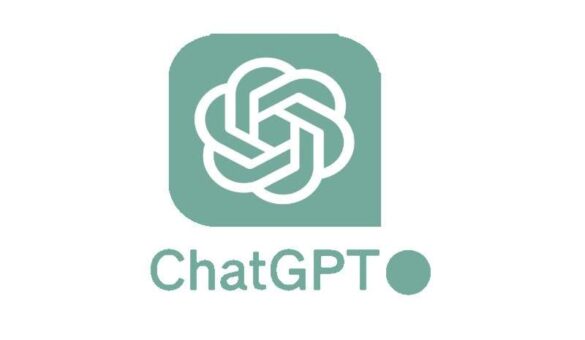OpenAI has officially unveiled its own web browser called Atlas, designed to bring the power of ChatGPT directly into your internet experience.
Atlas aims to redefine how users browse, search, and interact with online content by embedding ChatGPT at the core of the browser itself.
Currently exclusive to macOS, the Chromium-based browser allows seamless syncing of data from other browsers. OpenAI has also announced that Windows, iOS, and Android versions of Atlas are in development, promising cross-platform accessibility in the near future.
Atlas builds upon ChatGPT Search, enabling users to surf the web, perform AI-assisted searches, and receive real-time answers directly within webpages. Users can ask context-specific questions about any site they visit, and Atlas will respond with concise summaries, explanations, or even complete tasks autonomously — eliminating the need to switch between browser tabs or separate apps.
One of Atlas’s most innovative features is its memory function, which allows ChatGPT to remember past interactions. This means users can resume previous conversations, revisit open tabs, or even retrieve files from earlier sessions. The browser also includes a ChatGPT sidebar, giving users instant access to the chatbot while browsing — ideal for multitasking, research, or creative work.
In addition, ChatGPT Agent mode is fully integrated into Atlas, allowing the AI to execute more complex actions and workflows on behalf of the user. However, this advanced feature will initially be exclusive to ChatGPT Plus, Pro, and Business subscribers.
For security and privacy, OpenAI has implemented strong safeguards in Atlas. The browser cannot download files, run third-party extensions, execute code, or connect with other apps on a computer — ensuring that AI assistance remains safe and contained within the browsing environment.
With Atlas, OpenAI takes a major step toward blending browsing and AI interaction into one cohesive platform, signaling the next era of intelligent, task-aware web experiences.
